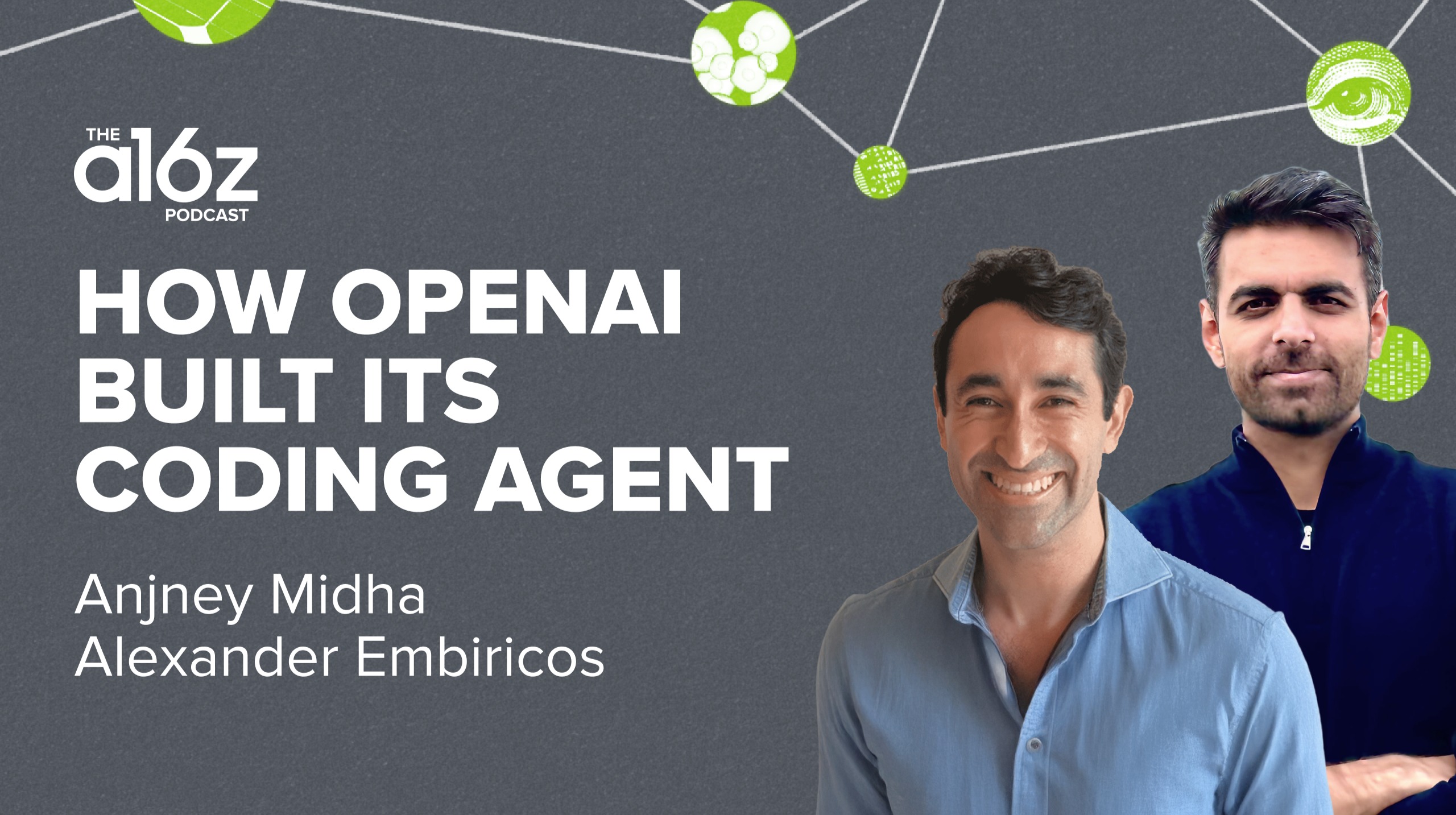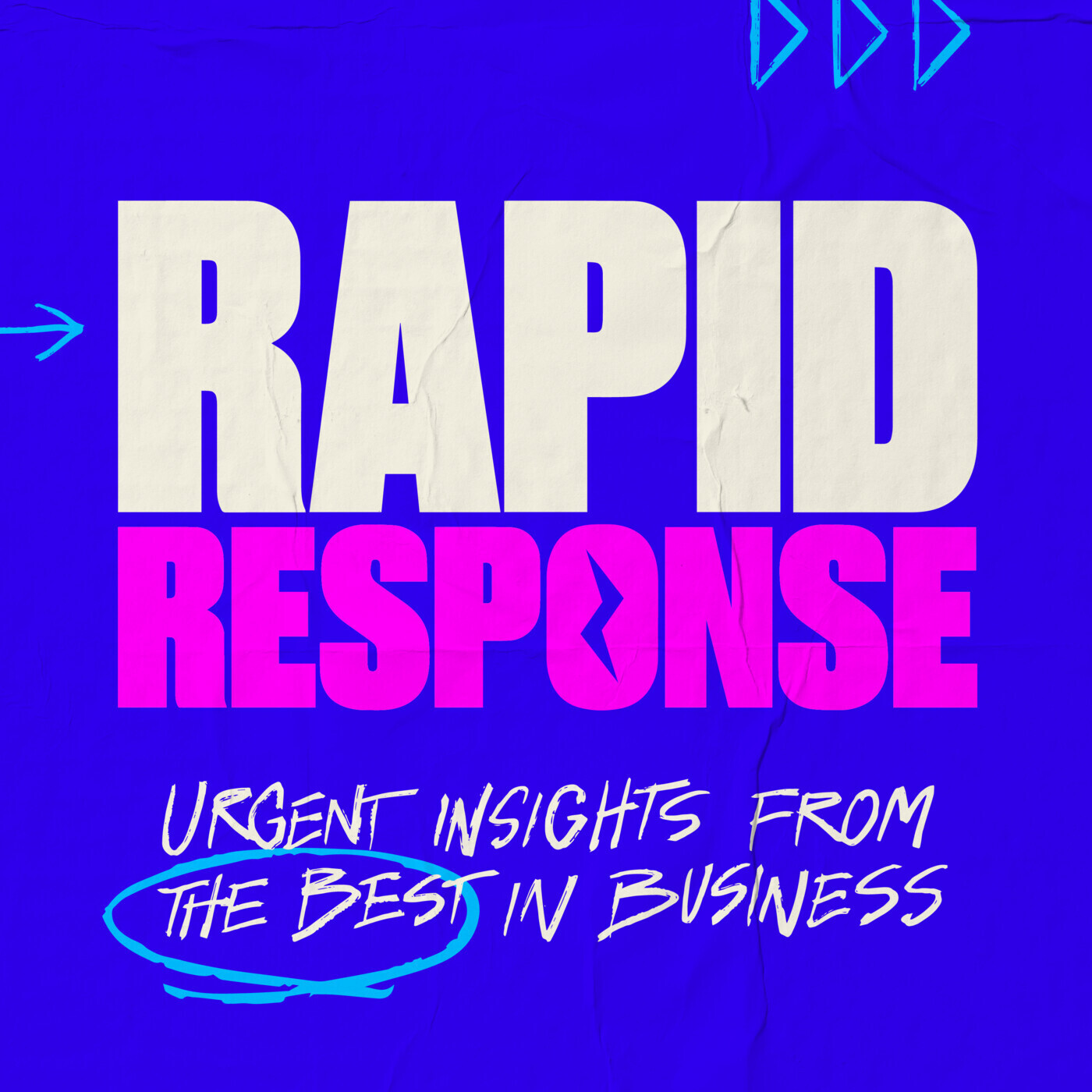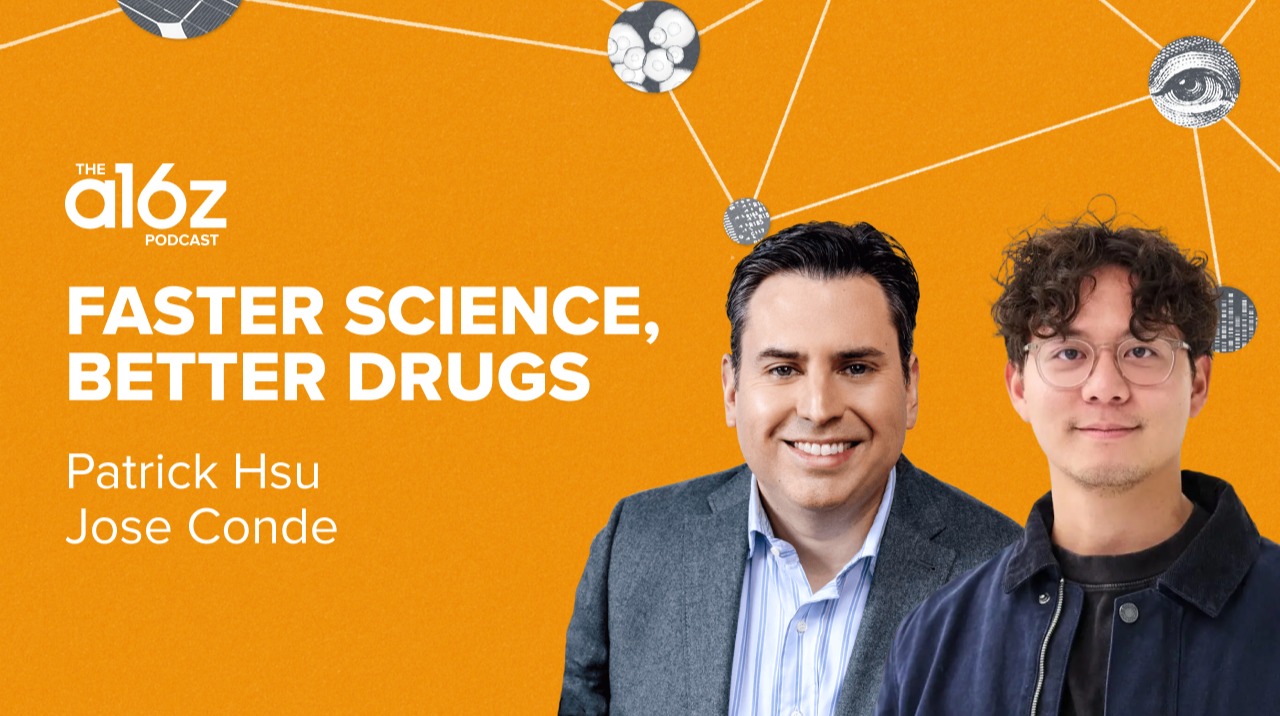229. Rethinks: How to Speak Successfully When You’re Put on the Spot
To celebrate its second anniversary, we revisit our favourite tools and tips from Matt’s book, Think Faster, Talk Smarter.Original executive producer Jenny Luna turns the tables and interviews host and strategic communications lecturer Matt Abrahams about his bestselling book, Think Faster, Talk Smarter: How to Speak Successfully When You're Put on the Spot. To celebrate the book’s second anniversary, this special Rethinks episode dives into Matt’s most practical tips, powerful frameworks, and mindset shifts to help you speak with confidence in any spontaneous situation. From managing anxiety to structuring your thoughts on the fly, it’s filled with tools to help you become a more effective communicator.Episode Reference Links:Jenny LunaThink Faster Talk Smarter Ep.10 High-Stakes Communication: How to Manage Anxiety When Speaking in Front of OthersEp.112 From Mistakes to "Missed Takes"Ep.107 Think Faster, Talk Smarter: How to Speak Successfully When You're Put on the Spot Connect:Premium Signup >>>> Think Fast Talk Smart PremiumEmail Questions & Feedback >>> [email protected] Transcripts >>> Think Fast Talk Smart WebsiteNewsletter Signup + English Language Learning >>> FasterSmarter.ioThink Fast Talk Smart >>> LinkedIn, Instagram, YouTubeMatt Abrahams >>> LinkedInChapters:(00:00) - Introduction (03:39) - Defining Spontaneous Speaking (04:29) - Origins of Matt’s Interest (05:20) - The Six-Step Methodology (06:05) - Shifting Your Mindset (10:15) - Practical Structures for Speaking (12:30) - The “F-Word” of Spontaneous Speaking (14:03) - Communication Lessons from Martial Arts (15:23) - The Karate Pants Story (17:19) - Hosting 100 Episodes (18:34) - On-the-Spot Challenges (25:01) - Conclusion ********This episode is sponsored by Virtual Speech. Visit virtualspeech.com to learn how AI-powered learning can transform your team.Join our Think Fast Talk Smart Learning Community and become the communicator you want to be.


















